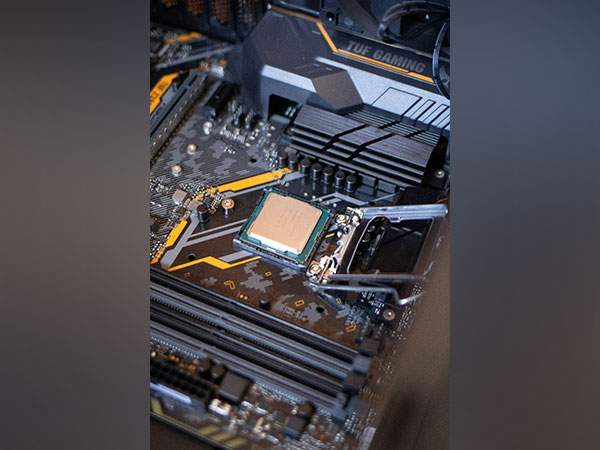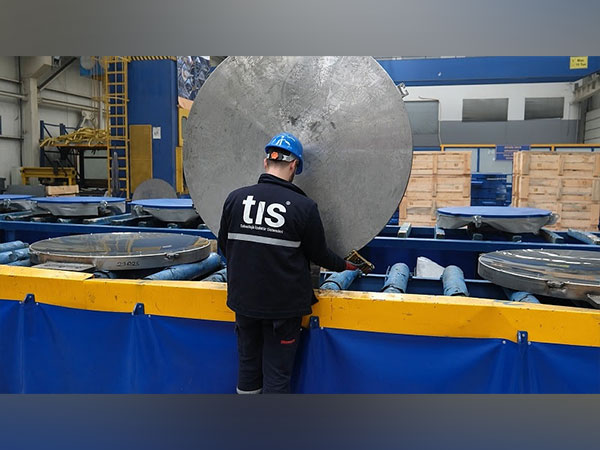New Delhi [India], May 28 (ANI): Samsung Electronics plans to adopt glass substrate interposers from conventional silicon interposers, according to a report by the Korea Herald.
The report, citing Industry sources, says that Samsung plans to make this switch for its advanced semiconductors by 2028 to “meet customer demands.”
“In semiconductor manufacturing, interposers are critical in advanced packaging technologies. They connect high-bandwidth memory (HBM) chips with graphics processing units (GPUs) or other logic chips, enabling faster data transfer and improved overall performance,” said the news report.
Glass chips in semiconductors refer to the use of ultra-thin glass layers as a substrate or base material for semiconductor chips instead of traditional silicon.
“If glass substrates are successfully adopted, they could become a very attractive material,” said a chip materials professor on condition of anonymity to the Korean Herald. “But there are still significant hurdles to clear before they can be commercialised.”
According to Korea’s SKC, the material can improve chip processing speeds by up to 40 per cent and reduce power consumption too by more than 40 per cent compared to traditional silicon substrates.
On the flip side, despite of its various benefits, commercialisation has been slow, primarily due to the brittleness of glass and the high-precision demands of the manufacturing process.
Additionally, not only Samsung, but also other major players like Intel, AMD, Broadcom, and Nvidia are also actively looking for opportunities to adopt glass substrates in their next-generation chip products.
“Competition in the chip market is intensifying, and players are constantly seeking breakthroughs to set themselves apart,” said Lee Byung-hun, professor of electrical engineering at Pohang University of Science and Technology to the Korean Herald. Further adding, “It’s encouraging that Samsung continues to pursue differentiation to strengthen its competitive edge.”
Earlier this year, South Korean semiconductor exports to Vietnam rose from 11.6 per cent in 2020 to 12.9 per cent in 2024. This growth was driven by companies such as Samsung relocating significant portions of their smartphone production from China to Vietnam, further altering the supply chain landscape in the region. (ANI)
Disclaimer: This story is auto-generated from a syndicated feed of ANI; only the image & headline may have been reworked by News Services Division of World News Network Inc Ltd and Palghar News and Pune News and World News
HINDI, MARATHI, GUJARATI, TAMIL, TELUGU, BENGALI, KANNADA, ORIYA, PUNJABI, URDU, MALAYALAM
For more details and packages
















